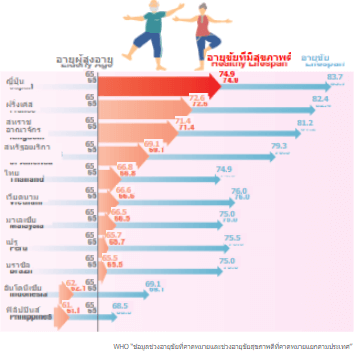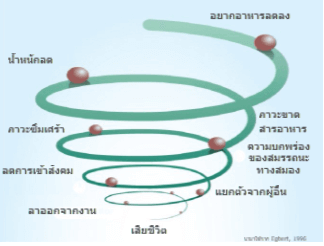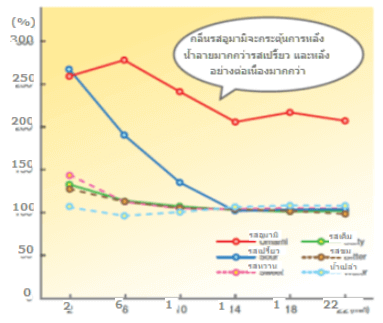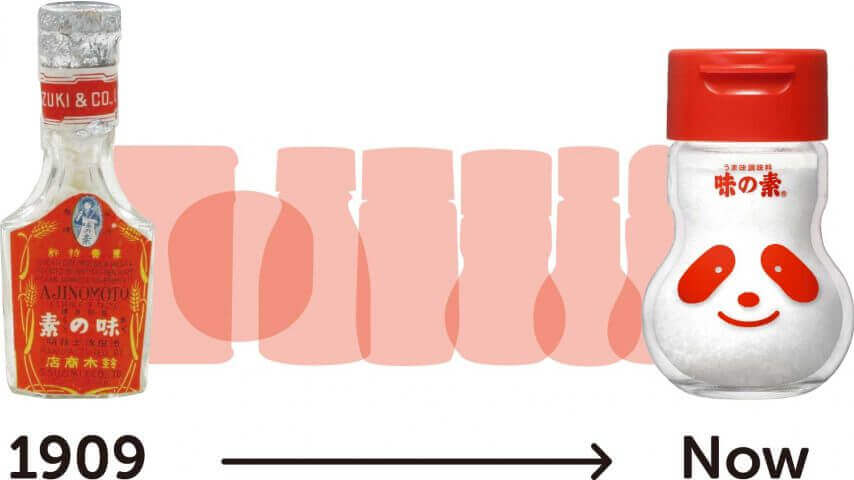Exporting Japan’s Healthy Lifespan, Part 2
Can Umami Help Us in Our Golden Years?
As we discussed in the Newsletter, “Can Ajinomoto Co. Export Japan’s Healthy Lifespan?”, Japan may be the first country that faced an “elderly boom,” but this segment of the population is increasing all around the world1. From France, where a quarter of the population is over 60 years of age2, to the countries of Southeast Asia, where the average of reached 9.6 percent in 20163, the world is turning its attention to the care of its most senior members.
Japan has spearheaded the concept of the “healthy lifespan.” The idea is actually quite simple: longevity may be wonderful, but it’s a lot better if the elderly can be happy, active, productive, and self-sufficient. As a result, much attention is being paid to not only helping people live longer, but also living healthier into their old age. And it’s clear that many other countries share the same goal. A recent study in the city of Lyon, France concluded that it’s necessary to eat well in order to age well. In the United Kingdom, there is a trend towards people working longer, and the State Pension age is planned to increase to 67 years old within the next few years. And countries like Thailand, Vietnam, and Indonesia are considering how to keep food appetizing for their elderly members, who, like elderly people everywhere, experience a decrease in appetite.
■ Healthy Lifespan around the World

Why Do they Get Less Nutrition?
A variety of physical changes decrease people’s ability to gain necessary nutrition when they get older. Many people in this age group use dental prosthetics, which can change the taste of foods due to the metal they contain. There is a reduction in the number of taste receptors in the mouth and throat, which of course leads to a decrease in the ability to taste foods, and at the same time the ability to secrete saliva decreases, making it harder to swallow. And there is a total loss of muscle strength in the jaw and tongue, adding further difficulty to a process that most of us take for granted: eating.
Can Umami Help?
Of course, umami, the basic taste of monosodium glutamate (MSG), can’t help with every physical problem that can lead to decreased nutrition in the elderly, but according to recent research, it may have a positive impact on some of them. One study showed that 37% of elderly subjects had an impaired sense of taste, and that among subjects categorized as “unhealthy,” nearly half were taste-impaired
In addition, it was found that most taste-impaired subjects were not able to secrete a sufficient amount of saliva. And it is easy to understand that a reduced ability to taste foods, together with difficulty swallowing, could contribute to a decrease in appetite, which leads to a downward spiral that has serious health consequences.
■ Downward Spiral Due to Decrease in Appetite in the Elderly
The good news is that umami might be part of the answer. First of all, the entire point of using umami seasoning—or any kind of seasoning*—is to increase the palatability of food. But more than this, umami has been shown to increase total salivation more than any other basic taste—even sour.


Surprisingly, subjects with insufficient saliva secretion that were given kombu dashi, an umami-rich traditional Japanese broth flavored with seaweed, over a period of 10 months actually regained normal levels of salivation! This led to an increase in appetite, and weight gain.
How MSG and Umami Can Help the Elderly
- Umami seasoning MSG, the purest form of umami, increases the palatability of food, which encourages greater uptake of nutrition
- Umami helps digestion of protein, such as by
- regulating salivation and gastric juice Umami stimulates viscous salivation, which helps with swallowing and relieves “dry mouth”
Salivation is important for more than just swallowing. It also plays a vital role in oral health by flushing away bacteria, which keeps away bad breath. (Ever wonder why your breath is bad in the morning? It’s because we salivate less at night.) In addition, saliva in the mouth begins the digestion processes of dietary starch, which is abundant in rice, pasta, potatoes, and bread
Growing Old Together
To fully leverage the potential benefits of MSG and umami, Ajinomoto Co., Inc. (“Ajinomoto Co.”) strongly believes that evidence-based scientific research is essential. As evidence continues to accumulate that umami may help the elderly, and as the needs of this increasing population continue to increase around the world, we will fully explore ways to help the most senior members of society to stay healthy.

|
About Ajinomoto Co., Inc.
The Ajinomoto Group is a global company with specialties in the business of food and amino acids, guided by our leading-edge bioscience and fine chemical technologies. Based on the corporate message “Eat Well, Live Well.”, we have been scientifically pursuing the possibilities of amino acids in supporting the healthy lives of people all around the world. We aim for future growth and continuous contribution to greater wellness by creating value through sustainable and innovative solutions for communities and society. The Ajinomoto Group has offices in 35 countries and regions, and sells products in more than 130 countries and regions. In fiscal 2018, sales were 1.1274 trillion yen (10.1 billion U.S. dollars). To learn more, visit http://www.ajinomoto.com |
- Yoshifumi Okamura, “Mainstreaming Gender and Aging in the SDGs,” Ambassador and Deputy Representative of Japan to the United Nations, Permanent Mission of Japan to the United Nations, July 13, 2016 http://www.un.emb-japan.go.jp/jp/statements/okamura071316.html
- United Nation, “Probabilistic Population Projection based on the World Population Prospects: The 2017 Revision,”
- United Nations ESCAP, “Ageing in the Asian and Pacific Region: An overview,” http://www.unescap.org/our-work/social-development
- Manjul Tiwari, “Science Behind Human Saliva,” https://www.ncbi.nlm.nih.gov/pmc/articles/PMC3312700/
- Data on file.


